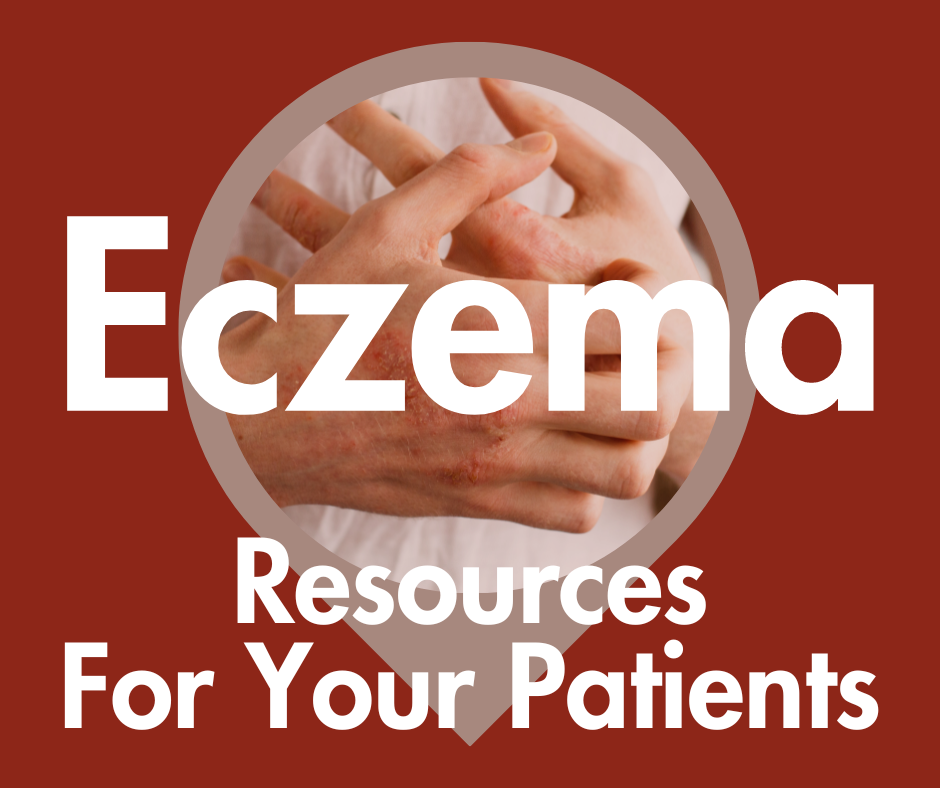- Acne
- Actinic Keratosis
- Aesthetics
- Alopecia
- Atopic Dermatitis
- Buy-and-Bill
- COVID-19
- Case-Based Roundtable
- Chronic Hand Eczema
- Chronic Spontaneous Urticaria
- Drug Watch
- Eczema
- General Dermatology
- Hidradenitis Suppurativa
- Melasma
- NP and PA
- Pediatric Dermatology
- Pigmentary Disorders
- Practice Management
- Precision Medicine and Biologics
- Prurigo Nodularis
- Psoriasis
- Psoriatic Arthritis
- Rare Disease
- Rosacea
- Skin Cancer
- Vitiligo
- Wound Care
News
Article
Strategies to Improve Psychological Health Outcomes in Children with Atopic Dermatitis
Author(s):
Caregivers of children with AD also experience increased levels of stress, anxiety, depression, and suicidal ideation, extending the impact beyond the affected individual to their families.
Atopic dermatitis (AD) profoundly affects the quality of life (QoL) of individuals, particularly due to the distressing symptom of pruritus. Moreover, it exerts a substantial toll on mental health, leading to heightened rates of psychiatric comorbidities, including anxiety, depression, ADHD, and even suicidal ideation. Caregivers of children with AD also experience increased levels of stress, anxiety, depression, and suicidal ideation, extending the impact beyond the affected individual to their families.
To bridge the knowledge gap regarding interventions that enhance health related QoL (HRQoL) and psychological outcomes in childhood AD, a new review article employs a comprehensive methodology.1
Pharmacological Interventions
Medical management of AD, ranging from emollients to systemic therapies, proves effective in improving disease severity, which correlates with enhanced psychological well-being. Emollients, recommended for all severity levels, bolster the skin barrier and mitigate flares. Topical therapies, including corticosteroids and calcineurin inhibitors, serve as first-line treatments, demonstrating safety and efficacy. Systemic treatments, like cyclosporine and biologics, are employed in severe cases, exhibiting notable improvements in HRQoL.
Non-Pharmacological Interventions
While medical interventions are pivotal, non-medical approaches play a crucial adjunctive role. Phototherapy, patient education, eczema action plans, bleach baths, and allergen immunotherapy are all viable strategies that contribute to the holistic management of AD. Each intervention, when tailored to individual patient needs, demonstrates notable benefits in improving disease severity, QoL, and psychological outcomes.
Psychological Interventions
Behavioral strategies addressing the itch-scratch cycle and associated mental health comorbidities hold potential in ameliorating psychological well-being. Hypnotherapy, biofeedback, and psycho-dermatology clinics present promising avenues. Additionally, mindfulness therapy for parents exhibits potential benefits in small case series.
Conclusion
AD imposes a significant psychological burden on both children and their families. Addressing HRQoL and psychological outcomes is paramount in treatment planning. A range of interventions, both pharmacological and non-pharmacological, hold promise in improving these aspects. As emerging evidence strengthens guidance, clinicians are better equipped to provide comprehensive care that not only alleviates the physical symptoms of AD but also enhances the psychological well-being of patients and their caregivers.
Reference
1. Mostafa N, Smith SD. Improving psychological health outcomes in children with atopic dermatitis. Clin Cosmet Investig Dermatol. 2023;16:2821-2827. Published 2023 Oct 10. doi:10.2147/CCID.S393254
Newsletter
Like what you’re reading? Subscribe to Dermatology Times for weekly updates on therapies, innovations, and real-world practice tips.






